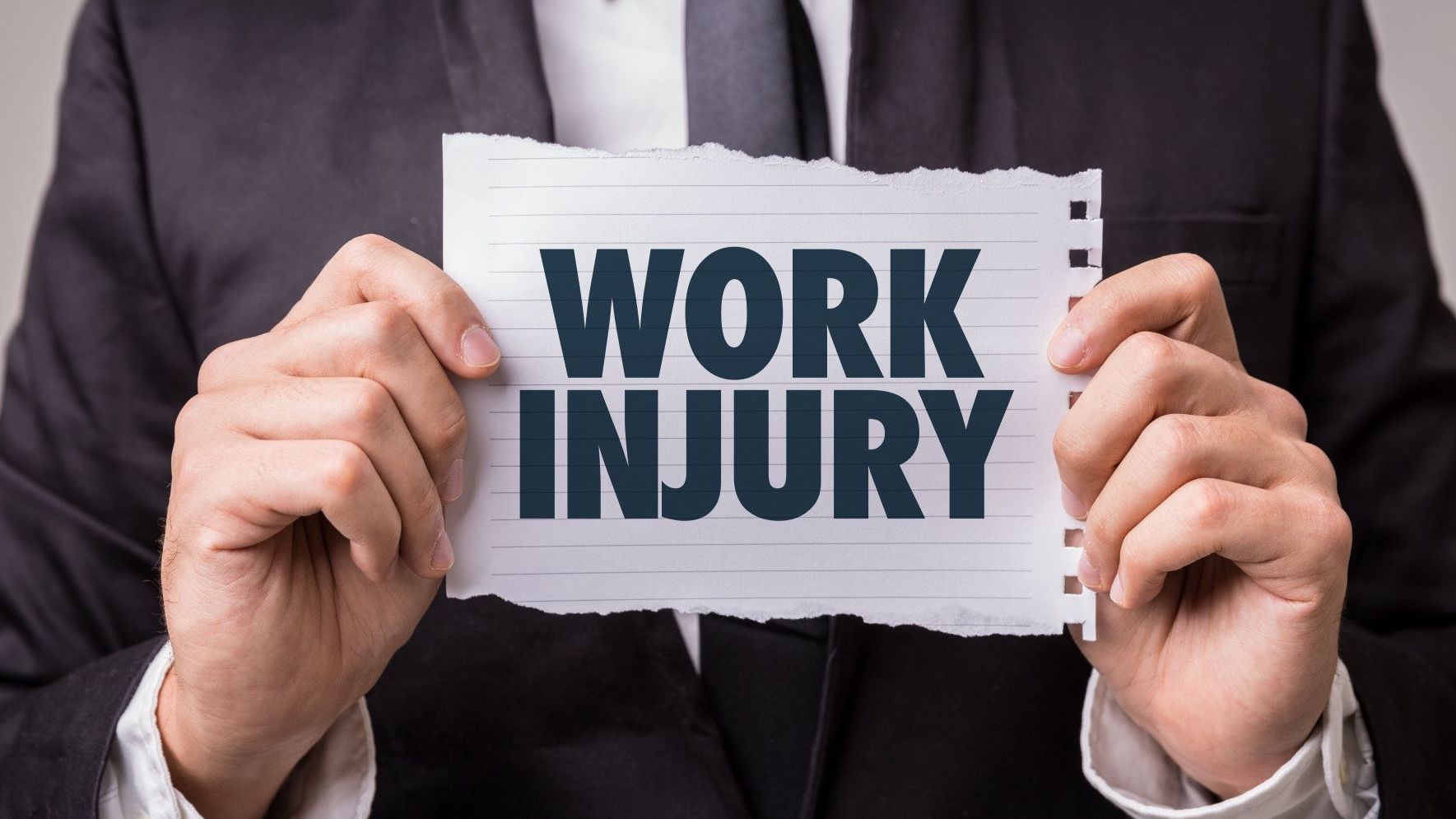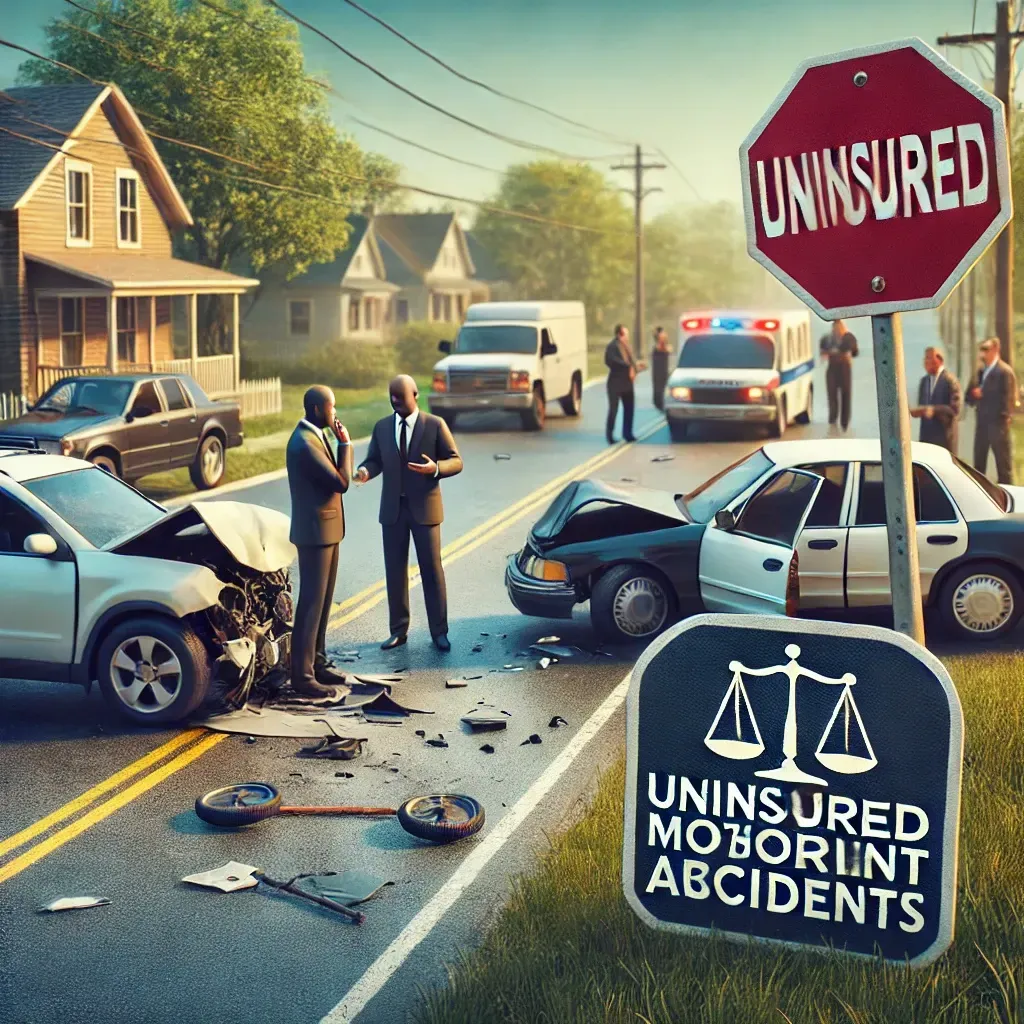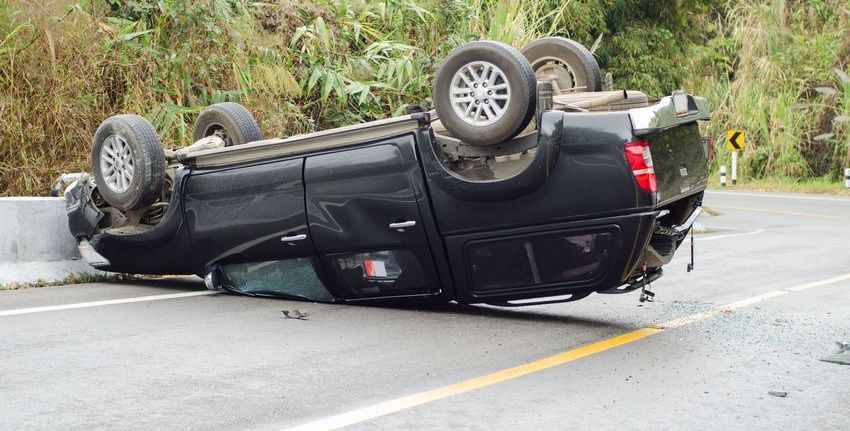PERSONAL INJURY - SETTLING EARLY
Hibu Websites • March 31, 2021
PERSONAL INJURY - SETTLING EARLY

09 May, 2018
Personal Injury: Settling Early
Q.
I was in an auto accident that resulted in treatment for neck injuries. The accident was the fault of the other driver. My doctors assured me that I had "recovered" and that the injury would "eventually go away". Because I felt financial responsibility to pay the doctors I settled my case at a level that I thought was fair. Now, one year later, I still have daily pain and my doctor has recommended neck surgery. The condition that was supposed to "go away" has gotten worse. Do I have any chance of getting the insurance company of the other driver to pay for the upcoming medical bills?
A.
Probably not. In almost every case an insurance company will insist on a future release before it pays even the most obvious of medical bills. Also these companies are generally sophisticated enough to draft a release that will be enforceable. So, look carefully at your release and determine if you specifically released known or unknown injuries that might arise in the future.
This question is a good example of what can happen if a case is settled too quickly. Sometimes the injured person lets mounting medical expenses influence them to settle the case before the damages are known. There are ways around this problem. For example, did you have medical bill coverage on your car? Do you have health insurance? Or, often an assurance from your attorney, that the bills will be paid out of any settlement, will satisfy the medical provider to be patient.
Doctors are often optimistic that a good recovery can be achieved and are usually eager to state that opinion even when the nature of the injury suggests otherwise. You should not let early medical optimism cause you to foolishly settle your case at an early stage.
Rather, you should only settle the case when you are fully satisfied that you are recovered. What’s the hurry? If your case is solid, and you are entitled to recovery, why make bad choices just because the responsible insurance company is refusing to pay the medical bills.
This situation should not be confused with workers' compensation cases. In certain circumstances, a worsening condition arising from a work injury can result in payment of further medical bills, or weekly benefits by the insurance company.

When it comes to car insurance, many people think primarily about liability coverage—insurance that covers others if you’re at fault in an accident. However, underinsured motorist (UIM) coverage is equally important, as it protects you if an accident leaves you injured by a driver with inadequate coverage. What is Underinsured Motorist Coverag e? Underinsured motorist coverage is designed to safeguard you and your family from the financial burden of an accident caused by a driver who doesn’t have sufficient insurance to cover your damages. Here’s how it works: Imagine you’re at a local Des Moines sports event. After parking, you’re walking across the lot when a vehicle accidentally hits you, causing injuries. If that driver has no insurance or only minimal coverage, their policy may fall far short of what you need to cover medical bills, lost income, and other expenses. Underinsured motorist coverage on your own policy steps in to fill the gap, helping you recover the full amount necessary to cover your damages. This protection applies whether you’re in your vehicle or, as in this example, outside of it—what matters is that your injuries resulted from the actions of an underinsured driver. How Much Underinsured Motorist Coverage Should You Carry? The amount of underinsured motorist coverage you carry is a personal choice, but it’s worth considering a higher limit. In Iowa, insurance companies are allowed to sell this coverage with a minimum limit of $20,000 per person. However, relying on minimum coverage could leave you financially vulnerable in a serious accident. Insurance agents often recommend high liability limits to protect others in case you cause an accident but may suggest lower UIM coverage to keep your costs down. Yet, underinsured coverage is specifically for your protection and the well-being of your loved ones. It doesn’t make much sense to carry more coverage for others’ injuries than for your own, yet this is common due to the way policies are structured. Reviewing Your Policy: Are You Adequately Protected? Take a moment to review your policy or discuss it with your agent to ensure you’re not underinsured. Here are a few questions to consider: • Does my underinsured coverage match my liability coverage? If not, you might want to ask why, especially if your liability limits are significantly higher. • Would my current underinsured coverage be enough in a serious accident? Consider your financial situation, family needs, and potential medical costs to make sure your coverage is sufficient. If you find that your uninsured/underinsured coverage is significantly lower than your liability coverage, it might be time to ask questions and re-evaluate your options. Prioritizing adequate underinsured motorist coverage is an investment in peace of mind, ensuring that you’re better protected, no matter who is at fault in an accident.

Workplace fatalities are tragic and raise many questions for surviving family members about eligibility and the types of benefits available. If the death arose out of and occurred during the course of employment, there are three primary categories of benefits under workers' compensation laws. 1. Weekly Compensation for Dependents Surviving spouses and minor children are typically eligible for weekly compensation. Key points include: • For the spouse: Payments can continue for life unless the spouse remarries. Upon remarriage, the spouse may receive two years of benefits as a lump sum, ending further payments. • For minor children: Payments end when the child turns 18 unless the child is physically or mentally incapacitated or enrolled in full-time accredited education. • Lump-sum payments: While benefits can be taken as a lump sum, these are often heavily discounted and may not be advisable. 2. Medical Expenses If the worker survives for a period before passing, the employer is responsible for: • All reasonable medical expenses incurred due to the injury. • Healing period payments owed prior to the worker's death. 3. Burial Expenses Workers' compensation provides come coverage for burial costs. This benefit helps ease the financial burden during an already difficult time. Additional Consideration: Third-Party Claims If the death was caused by the negligence of a person or company other than the employer, surviving family members may also pursue a personal injury claim in addition to workers' compensation benefits. Final Thoughts Navigating workers' compensation after a workplace death can be overwhelming. Understanding the benefits available—from weekly compensation to burial expenses—can help surviving families secure the support they need. Consulting with an experienced workers' compensation attorney at LLDDC Law can ensure you receive the full benefits to which you are entitled.

If you or a loved one has experienced a catastrophic injury, navigating insurance claims and mounting medical bills can feel overwhelming. At Lawyer Lawyer Dutton Drake & Conklin, our experienced injury attorneys are here to provide the guidance and advocacy you need. We fight for injured Iowans—not the insurance companies. Contact us today for a free consultation and let us help you focus on recovery.






Share On: